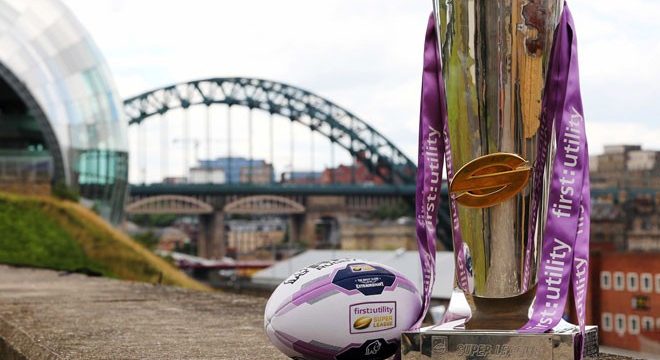 The news this week that cities such as Newcastle, Coventry and Bristol are interested in acquiring existing Super League franchises may have caught a few people by surprise.
After all, this is big news. It's three major cities in England with population figures in and around the 300,000 mark - Bristol's is well in excess of 400,000, though - who
The news this week that cities such as Newcastle, Coventry and Bristol are interested in acquiring existing Super League franchises may have caught a few people by surprise.
After all, this is big news. It's three major cities in England with population figures in and around the 300,000 mark - Bristol's is well in excess of 400,000, though - who COLUMN: Is ‘Big City Rugby League’ where the future of the sport lies?
 The news this week that cities such as Newcastle, Coventry and Bristol are interested in acquiring existing Super League franchises may have caught a few people by surprise.
After all, this is big news. It's three major cities in England with population figures in and around the 300,000 mark - Bristol's is well in excess of 400,000, though - who
The news this week that cities such as Newcastle, Coventry and Bristol are interested in acquiring existing Super League franchises may have caught a few people by surprise.
After all, this is big news. It's three major cities in England with population figures in and around the 300,000 mark - Bristol's is well in excess of 400,000, though - who 